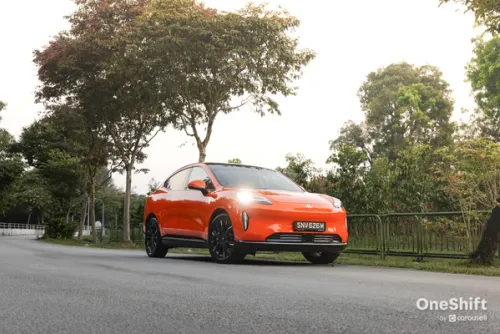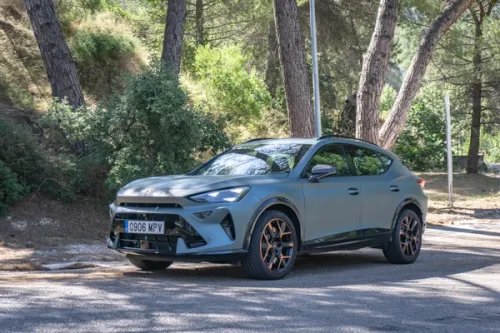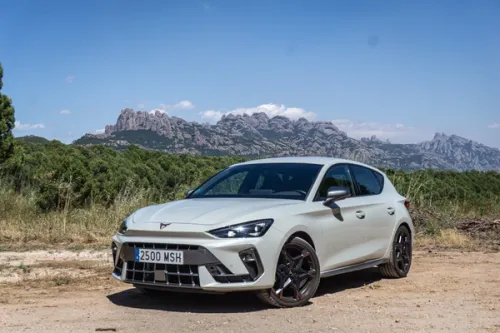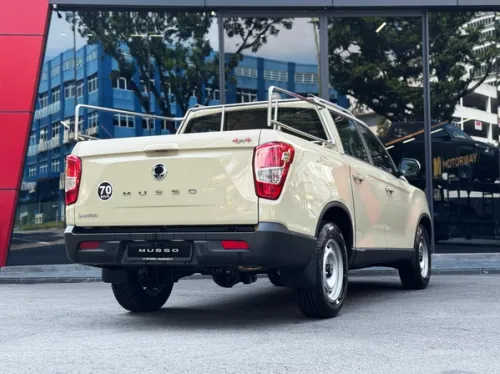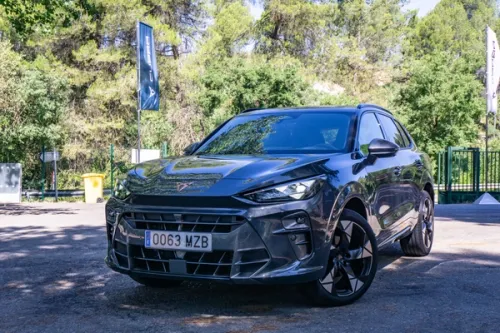5 Pros of Electric Cars
Here’s the hard truth – electric cars are incoming. As global fossil fuel supplies dwindle, and with governments striving for ever cleaner cars, it is inevitable that, for the mainstream at least, Internal Combustion cars will be going the way of the dodo. Or the dinosaur, if that’s what you’re into. In fact, the latest crop of electric cars has already proven their worth in countries much larger than our own. With a comprehensive network of chargers, and attractive rebates from their respective governments, it is no wonder that these cars are steadily winning over consumers and gaining traction in the past couple of years. Putting range anxiety aside, here are 5 pros to owning, and using, an electric vehicle!


Recently, we spoke about what you as a potential owner can expect from an Electric Vehicle (EV). But what are the advantages of EV ownership? Here are five which you can expect!

Electric motors generate maximum torque the instant said motor is energised. This means that, if traction permits, you’ll get this rapid surge of accelerative force that a conventional ICE car with the same power can’t match. This means you’ll never lose a traffic light Grand Prix again! There are practical uses for this instant power outside of childish amusement though; the instantaneous torque means that you can nip into gaps in traffic, especially helpful in a city-driving context!

Electric cars are much simpler than their fossil fuelled-counterparts from a mechanical standpoint. With only a single moving part in the entire drivetrain, there’s no need for engine lubrication, which also means that there isn’t any engine oil, or engine oil filters for that matter, that you need to swap out. Regenerative braking also means that less stress is put into the brakes, prolonging the life of the pads and the rotors.
Charging points used to be few and far between. Our poor charging infrastructure must have contributed to EVs not really making a dent into car sales in the recent few years. That is all set to change though. With new regulations favouring electric cars (more on that later), more charge providers have stepped up their game to keep up with the growth of the EV fleet. In fact, we now have 7 DC charge providers, each with their own ambitious targets for the quantity, and the resulting accessibility, of charging stations.
As of July 2018, the tax structure for new cars has been based on the Vehicular Emissions Scheme (VES), which taxes or give rebates to new car owners depending on the vehicle’s emissions. Most existing ICE cars must contend with lesser rebates, or even surcharges. If you’re next ride has no tailpipe emissions, surcharges are something you do not need to worry about; with the super stringent regulations put in place, the vast majority of cars that qualify for the maximum $20,000 rebate are electric!
It’s cheaper to run on battery power than on petrol or diesel. Grab reckons one can save up to 70% on running costs should you go electric. SP Group backs up that claim, stating that one can except a reduction of up to 50% in transport expenditure. Massive saving, which will most definitely be noticeable in the long run!
Credits: Jek Ray Low


Get the Best Price for your used car
from 500+ dealers in 24 hours

- Convenient and Hassle-Free
- Consumer Protection
Transparent Process
With No Obligation

